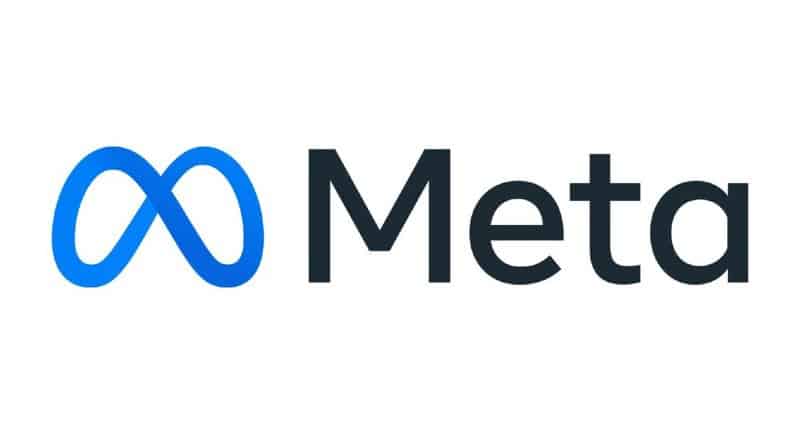Meta is the latest organisation to put forward a submission to the Attorney-General’s Department Review of Privacy Act 2022.
In its newly released submission to the Privacy Act Review Report, the tech giant has shown its support for the modernisation of Australia’s privacy framework and engaged constructively with the government over the last three years on this review.
Meta joins the likes of the IAB and ADMA, who have recently released their respective responses to the Privacy Act Review Report.
See also: IAB Australia publishes its response to the Privacy Act Review Report
See also: ADMA shares its response to the Privacy Act Review
Melinda Claybaugh, director of Privacy Policy for Meta, met with Australian trade media publications, including Mediaweek, to discuss its position on the review, its recommendations, points that require further debate and the next steps in the privacy review.
The parent company of Facebook and Instagram also commended the department on the positive changes made since the last Discussion Paper; the changes include the introduction of ‘controllers’ and ‘processors’ as legal concepts in Australian law and the balanced approach taken to consent requirements.
“We also strongly support the new proposal to insert an Australian link to clarify the extraterritorial application of the Privacy Act,” the report also highlighted.

Melinda Claybaugh
Finding a balance between privacy and a personalised experience
During the discussion, Claybaugh noted that achieving a balance of privacy and providing an individualised data-driven experience as a goal of the review.
“I think back to first principles; these are the principles that are already contained in the existing privacy act around data minimisation and transparency control. These are things that all companies base their privacy programmes on internally. That is exactly what we try to provide; provide privacy and protective advertising experiences.
“I think that there is a way to do that, targeted advertising isn’t inherently privacy-invasive, and I think that is probably the perception, but I don’t think that’s the case.”
Claybaugh noted that of the 116 recommendations made, Meta was in support or had no further comment on 106 of the points. Of the ten remaining points of concern, Claybaugh highlighted two: opting out of targeted advertising and the framing of targeting.
On opting out of targeted advertising, she explained that, as currently framed in the proposal, people could fully opt out of seeing any ads in their personalised experiences.
“This isn’t just a social media issue. We all see ads, ads support, newspapers, and all kinds of online services. That advertising is what allows companies to provide free or reduced-cost services.
“By allowing people to opt out of that but still having to provide service to them, which is what is contemplated, you are essentially forcing companies to look at other revenue models and have to consider providing services for free,” she added.
Claybaugh noted the second point of contention during the discussion was the current framing of targeting.
“The provisions around targeting in the law make sense in some ways. There is a concern around targeting youth; there’s a concern around targeting based on sensitive data. And we generally agree with the idea that high-risk targeting or targeting certain populations may carry some risks that warrant mitigations.”
Claybaugh explained that Meta does not allow advertisers to target ads to people based on sensitive data and kids under 18. Rather the platforms serve ads to those consumers based on very, very minimal data points.
“However, the proposal, as currently framed, frames targeting much more broadly. The concern there is that not just advertising would be implicated but also the content that people see,” she said.
Claybaugh noted that ad personalisation is often seen as the ads seen, but targeting and personalisation are also about the content shown.
“The concern there is that you have to be able to target and personalised content in order to serve, for example, age-appropriate content to people under 18, in order to detect problematic content that you may not want to show people. If you take away or limit the ability to personalise content, you’re taking away tools that companies have to keep platforms safe,” she added.
Consumers and the privacy policy debate
The discourse around privacy policy can be dense with jargon and complex concepts that are challenging for the average consumer to grasp. But as stakeholders, it is important consumers take part in the discussion and debate as their data is what fuels the industry and is at the centre of privacy review.
Josh Machin, head of Public Policy, Australia at Meta, noted during that discussion that as a member of the IAB and the ADMA, Meta appreciates the good constructive work they have each provided at this review stage.
“I think there’s a task for everyone to have this conversation about the proposals, engage in the debate, that’s what helps consumers understand what the implications are going to be some of these changes, and they could impact consumers experience of the online environment,” he said.
Machin also highlighted the work done by Claybaugh in communicating with consumers about their privacy settings and tools that encourage meaningful transparency, including the new Privacy Centre introduced last year.
Claybaugh noted that over the years, Meta has learned that communicating about privacy, privacy settings and other data to consumers is done through a layered mix of approaches over time.
“We’ve done a lot of exploration and made a lot of really interesting controls and tools available over the years to try to meet people where they are, depending on their knowledge or where they are in using the product.
“People shouldn’t have to go hunt around in the app to find some settings page,” she added.
The next steps for Meta in the Privacy Review
Looking ahead at the next steps for the tech company in the Privacy Review, Claybaugh noted that Meta is planning to continue the important conversations surrounding privacy.
“The Attorney General’s Office will decide about the next steps in terms of the proposal, but we are ready to keep having conversations and provide input as needed.
“[We are ready to] help the government and other stakeholders who are maybe trying to understand this very long, complicated, and detailed report,” Claybaugh concluded.
–
Top image: Melinda Claybaugh
